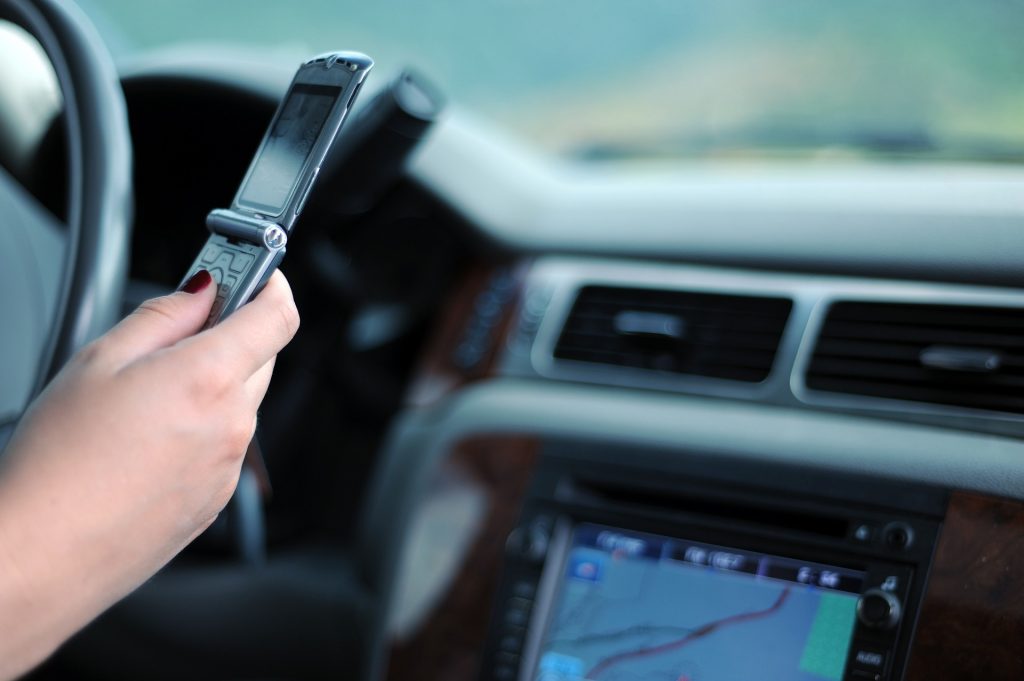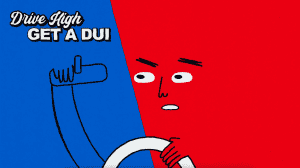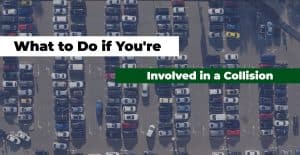April is Distracted Driving Awareness Month, and as it comes to a close, it’s important that drivers don’t let the sentiment of its message fade out of view. Distracted driving is one of the main causes of collisions, but the good news is that it’s also one of the most preventable.
The CDC lists three main types of distracted driving: cognitive, visual, and manual. Cognitive distractions include anything that takes your mind off of the road, such as getting lost in a daydream. Visual distractions involve taking your eyes off of the road, such as looking at a passenger. Finally, manual distractions occur when you take your hands off of the wheel (e.g., reaching for something in the back seat).
While there are many causes of distracted driving, one of the biggest culprits is cell-phone use. This type of distraction is particularly worrisome because it can involve all three of the main types of distractions. Engaging in an important or emotional phone conversation takes your mind off of driving, while reading and replying to an email takes your eyes off of the road and your hands off of the wheel.
Our habits keep us glued to our phones, but in order to keep ourselves and other parties on the road safe, it’s crucial that we minimize our cell-phone use while driving. To help you do that, here are a few tips to keep in mind:
Remove the Temptation of Using Your Phone While Driving
It’s hard for everyone to resist the urge of checking their phones when a notification comes through. It’s become almost a reflexive response at this point for people to automatically reach for their phones when they hear an alert for a call, text, or email. An easy way to reduce this urge while driving is to silence your phone and put it somewhere where you can’t see it, such as the glove box. However, many drivers feel uncomfortable doing this, as cell-phones serve as navigational devices and also allow them to stay updated on any urgent or important news. Luckily, there are tools out there that can help drivers stay connected in the case of emergencies without being alerted of every notification that comes through.
Use Your Phone’s Do-Not-Disturb-While-Driving Feature
Most modern phones come with a convenient do-not-disturb-while-driving setting that can be manually activated, or you can set it to automatically activate when it recognizes that you are driving, either by sensing that you are in motion or recognizing when a phone connects to a vehicle’s blue-tooth.
When using this feature on most phones, you will not be notified of any incoming messages, and you can set up an automatic reply that alerts those trying to reach you that you are currently driving and will get in touch later. Additionally, if the message is pressing, the contact can reply using the word “urgent,” and your phone will read the messages aloud to you. You can still allow calls to come through if your phone is connected to a hands-free system, or if you don’t have a hands-free system, you can also allow certain calls to come through by manually changing your settings, such as to allow a call to come through if someone immediately calls back again or to allow calls from specific people listed in your contacts.
Explore Other Safe Driving Apps
If you don’t have a phone with this setting, there are other apps available that have similar functions, including some that also allow parents to monitor whether their teen drivers use their cell-phones while driving. Additionally, some apps go further than just preventing phone-related distractions by also rating driving performance overall (including how well a driver follows the speed limit or whether he/she often slams on the brakes), some of which even allow drivers to earn points towards rewards. These rewards can include discounts at certain stores, gift cards, or opportunities to win prizes. There are quite a few options out there, including some free ones, so here is a list to help get you started on your search.
Plan Ahead
You can minimize the need to use your phone while driving simply by planning ahead, such as by entering your GPS coordinates into your navigation system or by making a playlist before you hit the road. Additionally, even though most states allow drivers to make hands-free phone calls (with the exception of the states that have graduated licensing laws prohibiting teen drivers from using cell-phones at all while driving), talking on the phone can still divert your focus. If you can, try to reserve any phone calls for times when you will not be behind the wheel.
Ask Passengers for Assistance
If you need to use your phone for something, such as to modify your GPS information or to reply to an email, and have a passenger with you, ask that person if he/she can handle the phone duties for you or take over driving (if they are a fully licensed driver). Similarly, if you are a passenger traveling with a driver whose cell-phone use concerns you, don’t be afraid to speak up and offer to help. Sometimes making your concerns known can help increase another person’s awareness that his/her actions are unsafe, which can inspire that person to develop safer and more thoughtful habits.
Closing Up
While April is the month dedicated to raising awareness of the hazards of driving while distracted, it’s every driver’s responsibility to put these safe practices into action whenever he/she is operating a vehicle. By doing your part to ensure that your phone is not a source of distraction and that you are able to fully focus on driving, you will be having a direct impact on making the road a safer place for your community. When it comes to protecting yourself and those around you, calls, texts, emails, and selfies can all wait until you’re done driving.
Learn Safe Driving Habits From Colorado’s Most Trusted Driving School!
The experts at DriveSafe Driving Schools understand that safe driving can only occur when a driver is alert and fully focused on the road. While there are many distractions drivers must contend with every day, our core focus is helping drivers navigate the obstacles and difficulties that naturally occur with the unpredictability of the road. We aim to help every one of our students learn how to safely operate a vehicle and also how to make responsible decisions that will ensure their safety and that of those around them, which of course includes minimizing distractions.
Whether you’re looking for a defensive driving class, private driving lessons, or a comprehensive drivers ed package, we have many flexible options that will help you become a safe, cautious, and competent motorist. Get in touch with any questions, or use our online system to enroll in a course today. We look forward to hearing from you!










